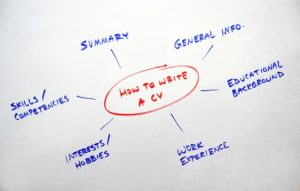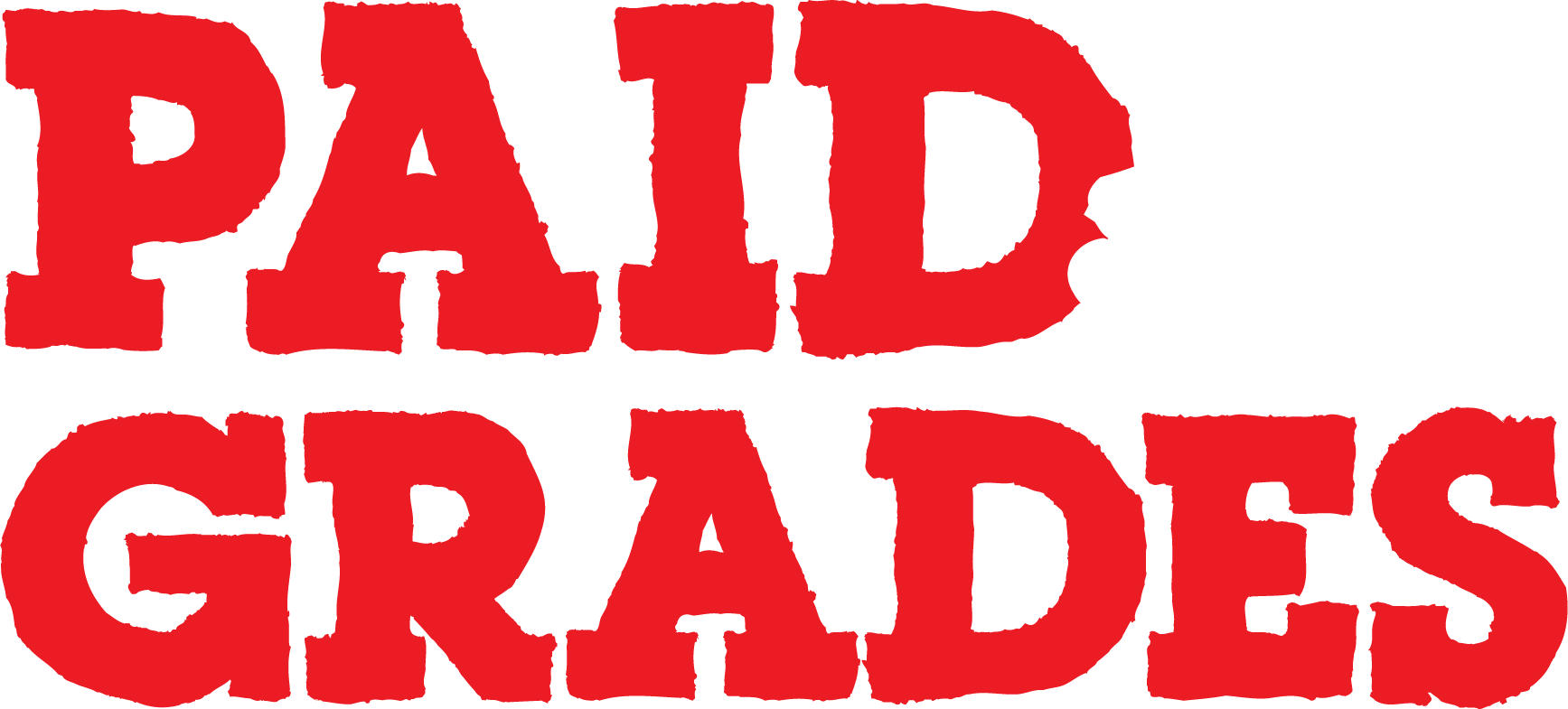Want to land a job or internship? Are you applying for grants or scholarships to help pay for college? Whatever the case, you should always have an up-to-date, professional copy of your resume on-hand.
Your resume could be all that stands between you and your dream career…but, what is a resume? Why is it so important, and how do you make sure your resume is flawless?
What is a Resume? What is a CV?
Your resume is a simple document, but creating it is one of the most intimidating and stressful parts of any application process. It’s essentially a list of your most important qualifications and accomplishments, all distilled down to page or two. This can include:
- Education
- Work Experience
- Volunteer Activity
- Awards & Recognitions
- Relevant Skills & Talents
Just about any job you apply for in a professional setting requires a resume. The idea is to give potential employers a glimpse at who you are, what you can do, and why you’re the most qualified candidate for the position in question.

In contrast, there is also the CV, or curriculum vitae. The CV tends to be much more detailed, providing readers an in-depth look at your background, achievements, references, and interests.
You can think of a resume as being the more bare-bones version of these two. The CV is usually reserved for academic work, where readers need to identify candidates’ aspirations and goals within academia. In a professional setting, though, readers are usually skimming through a large pile of resumes to pick out the most qualified candidate. That’s why it’s so important your resume is formatted to be as concise, punchy, and easy-to-read as possible.
What Goes in a Resume?
There are two widely-used resume formats: Chronological and Functional. Since chronological is the most common, let’s dive into how to set up your chronological resume.
There are five key sections of your resume:
Contact Information
This is pretty straightforward; at the top of your resume should be a header with all of your important contact information. This includes your name, address, email, and phone number.
You can also add your LinkedIn page if you use LinkedIn, plus a link to your personal website. However, you should only include your personal page if it’s a professional and relevant site that will portray you in a positive light to potential employers.
Educational Background
As a student, you probably don’t have much work experience, so your educational background is going to be the main feature here. You can include details like where you attend high school or college, your GPA (if it’s good), any coursework, clubs, or extracurriculars that are relevant to the position you’re applying for, and any academic honors you’ve earned.
Work Experience
As you progress in your career, professional experience will become the most important part of your resume. List any jobs you’ve had, starting with the most recent and working backwards. You can include volunteer work to help fill out this section, too. And remember: don’t simply list the tasks you performed. Instead, show-off how you excelled in the role.
It’s great if you can provide bullet points with stats to back up your performance, like “introduced new process that increased efficiency in my department by 15%.”
Additional Skills
You probably have a few skills or talents you’ve developed that could be helpful. For example, do you speak more than one language? Do you know your way around Adobe products like Photoshop or After Effects? Have you had any experience managing projects? Do you know html? These are just a few ideas.
This section is your space to build yourself up and explain why you’re the best candidate, so don’t sell yourself short.
Cover Letter
After you put together a great resume, you should cap it by stapling an equally-strong cover letter to the front. The cover letter is your chance to speak directly to the reader and provide context and personality to all the information listed on your resume. In about three paragraphs, your cover letter should explain what you’re applying for and why you’re the best candidate for the position.
Here is a pretty solid sample to help format your resume and explain where each section should go. It’s also helpful to google other resume samples and see how successful candidates format their text and design the page layout.
Common Mistakes to Avoid
So, now you’ve got a great resume and cover letter. Before submitting it to any hiring managers or review boards, though, let’s take a quick look at some of the most common mistakes people make:
- Typos: There’s no excuse for misspellings or grammatical errors on your resume. Hiring managers won’t take you seriously if you can’t even be bothered to proofread your own resume, so be sure the language and formatting are flawless.
- Too Long/Short: One page is ideal for a resume. If it’s too short, it will look like you don’t have much to talk about, so try adding more details to your skills or experience. Your resume loses impact if too long, though, so try smaller font or eliminating unnecessary details.
- Vagueness: As mentioned before, stats can really help demonstrate the value you bring to the table. Either way, though, you want to be as specific as possible about accomplishments and skills. How much experience do you have with X? Do you have any certification? Etc.
- Not Adapting Your Resume: You should tweak your resume to fit the position you want; for example, if you’re applying for a social media marketing position, adjust your skills to best reflect your expertise as a social media user. Also, write a fresh cover letter every time.
- Not Updating Regularly: You should never reuse the same resume you had a year ago. Update your resume constantly as you acquire new skills and achievements. Certain information will be less relevant over time, and should be cycled out for newer, more impressive points.
This all seems like a lot of work for such a short document. However, I can’t overstate how important a good resume can be for your future academic and professional success. Trust me: if you invest the time and energy to create a killer resume, it will pay off later in a very big way.
